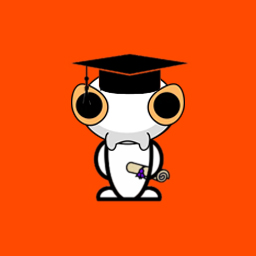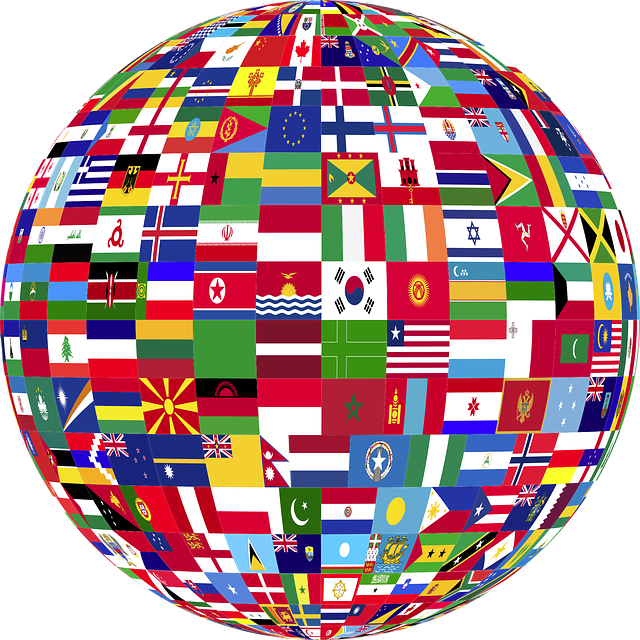

I typed up a really long comment praising this post and somehow kbin ate it. I am sad, because my adhd pretty much prevents me from being arsed enough to type it out again and I am sad. I knew I should have copied it just in case before I hit post. Another adhd lesson learned.
Edit: glory be! The back button allowed me to find it. Posted it for real this time.




I started my first bujo five years ago and I feel like it changed my life. It started out very simple, with a list of my events for the week, and now it has evolved into one of those complex, pretty, artsy ones that also serves as a functional object for tracking what I need to do/what I’ve done/what happened. I find I hold myself more accountable if I actually write it down, and I am more likely to practice good habits because I want to be able to fill in my habit tracker. I take pride in seeing all my little boxes filled in. I also have a “negative” habit tracker that I want to keep clean, and it helps me visualize trends in my behavior and adapt accordingly, or motivate me to do better in the coming month. I take pride in seeing those boxes are not filled in.
As for the artsiness, I am not naturally an artist, but making my journal beautiful is a source of pride and it’s cool to see how it has evolved over the years. I am more motivated to do my journaling because it looks neat and challenges me to do something creative. One of my habit trackers is for “create” and working within my journal is one of the ways I fill that square. I’ve become more artistic in general, and took up playing the bass again after a ten year lapse due to that goal. I also read more, pretty much every day, due to a tracker for that, and I spend less time on my phone/videogames due to a negative tracker for that. I eat healthier, work out more, and pretty much quit drinking, all in part to my little colored/not colored squares.
It has been going so well that I am starting to ween myself off my decades-long reliance on antidepressants, despite the death of two brothers, both dogs, my mother and grandmother in just the last two years (not to mention the pandemic!)
I also credit The Four Agreements with reframing my headspace. (The book is kind of woo-y nonsense, and I will never forgive the part about causing people to get cancer with your words, but the actual rules are a great and simple life guide.) The agreements are:
*Be impeccable with your word
*Don’t take it personally
*Never assume things
*Always do your best
Not taking things personally has especially helped me, specifically with regards to that “self-blame”/rejection sensitivity dysphoria thing you discuss in your document.
My boyfriend also has ADHD, and I have been trying to get him to start one for years. He refuses to do a physical journal and, unsurprisingly, he is not successful with the endeavor and continues to feel overwhelmed by his disorder. I believe there really is something to the process of hands-on writing things down that drives us to stick to it. Maybe something to do with how little of our life operates that way anymore, as everything is convenient digital ephemera, so the intentionality of writing it out feels more concrete. Like a contract with ourselves.
Anyway, all of this to say, YES! If you are struggling with ADHD, start a bujo! Make it a habit. Stick to it. Do your best.
Thanks for this document. I have saved and shared it.